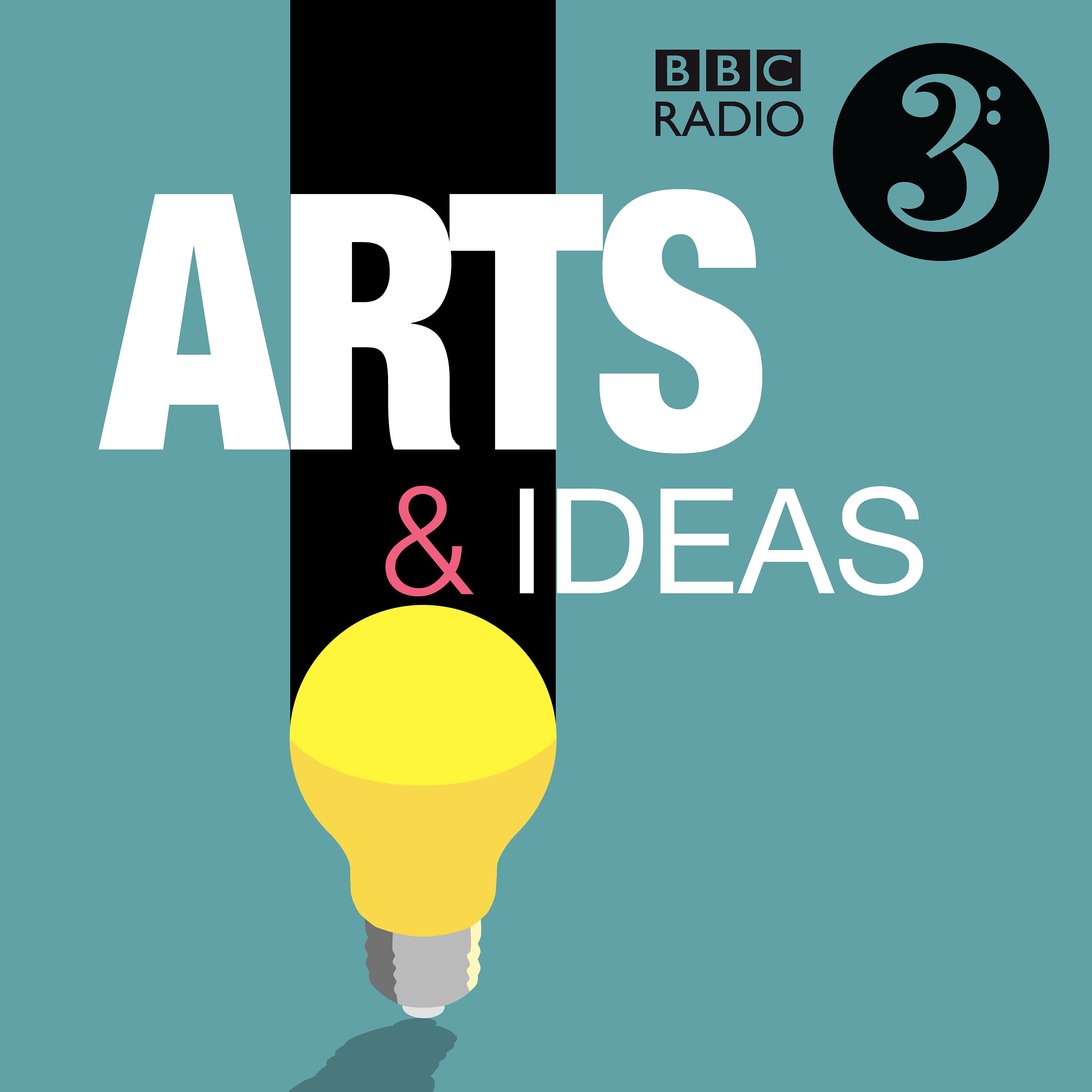- Culture
- SEE MORE
- classical
- general
- talk
- News
- Family
- Bürgerfunk
- pop
- Islam
- soul
- jazz
- Comedy
- humor
- wissenschaft
- opera
- baroque
- gesellschaft
- theater
- Local
- alternative
- electro
- rock
- rap
- lifestyle
- Music
- como
- RNE
- ballads
- greek
- Buddhism
- deportes
- christian
- Technology
- piano
- djs
- Dance
- dutch
- flamenco
- social
- hope
- christian rock
- academia
- afrique
- Business
- musique
- ελληνική-μουσική
- religion
- World radio
- Zarzuela
- travel
- World
- NFL
- media
- Art
- public
- Sports
- Gospel
- st.
- baptist
- Leisure
- Kids & Family
- musical
- club
- Health & Fitness
- True Crime
- Fiction
- children
- Society & Culture
- TV & Film
- gold
- kunst
- música
- gay
- Natural
- a
- francais
- bach
- economics
- kultur
- evangelical
- tech
- Opinion
- Government
- gaming
- College
- technik
- History
- Jesus
- Health
- movies
- radio
- services
- Church
- podcast
- Education
- international
- Transportation
- Other
- kids
- podcasts
- philadelphia
- Noticias
- love
- sport
- Salud
- film
- and
- 4chan
- Disco
- Stories
- fashion
- Arts
- interviews
- hardstyle
- entertainment
- humour
- medieval
- literature
- alma
- Cultura
- video
- TV
- Science
- en
Should Doctors Cry?

Anne McElvoy debates at the Free Thinking Festival with intensive care doctor Aoife Abbey, GP & Prof Louise Robinson, Naeem Soomro expert in using robotic surgery and Michael Brown medical historian. Does emotion have any place in relationships with patients in a more open age? Medical professionals are trained to adopt “clinical distance” when dealing with patients. Tradition says that getting emotional weakens their judgement of medical evidence and can cause safeguarding issues. But how can those in caring roles prevent disinterest seeming like un-interest? Aoife Abbey is a doctor working in Intensive Care whose book Seven Signs of Life is an account of her experiences told through the emotions she encounters on a daily basis. Aoife previously wrote a blog as The Secret Doctor for the British Medical Association and works on a national training programme for doctors in intensive care medicine. She is a council member of the Intensive Care Society (UK). Michael Brown is a cultural historian at the University of Roehampton who is currently leading a project for the Wellcome Trust entitled Surgery & Emotion exploring this relationship from 1800 to the present. He is the author of Performing Medicine: Medical Culture and Identity in Provincial England, c. 1760-1850 Louise Robinson is Director of Newcastle University’s Institute for Ageing, Professor of Primary Care and Ageing and a GP. She leads one of only three Alzheimer Society national Centres of Excellence on Dementia Care and is a member of the national dementia care guidelines development group. Dr Naeem Soomro is Leading Consultant Urologist at Freeman Hospital, Newcastle. He has pioneered minimally invasive and robotic surgery in the North East and has developed the biggest multi-speciality robotic surgery program in the UK. Producer: Fiona McLean